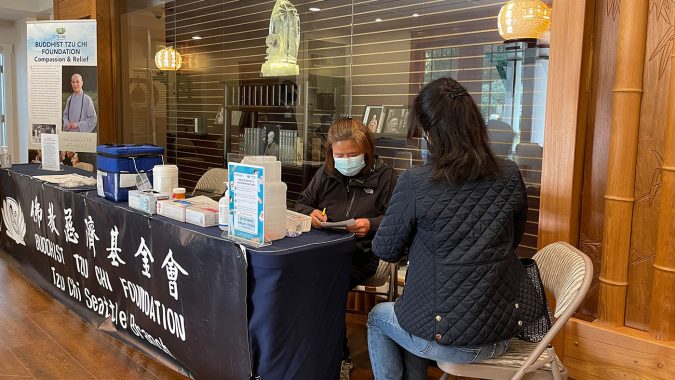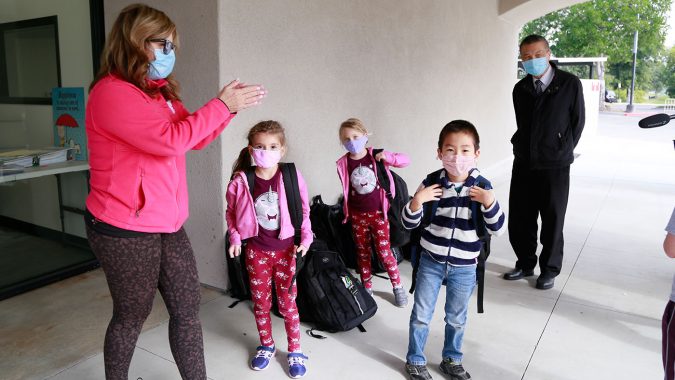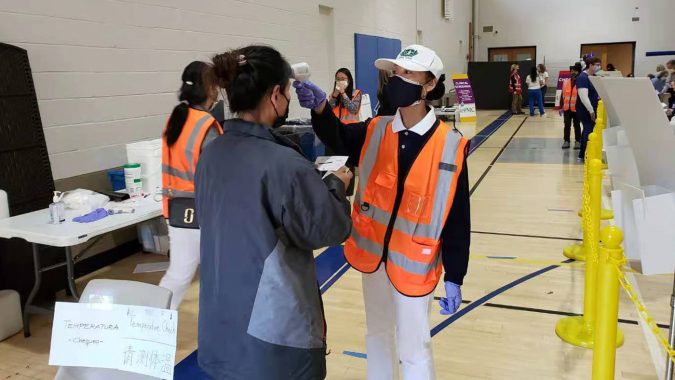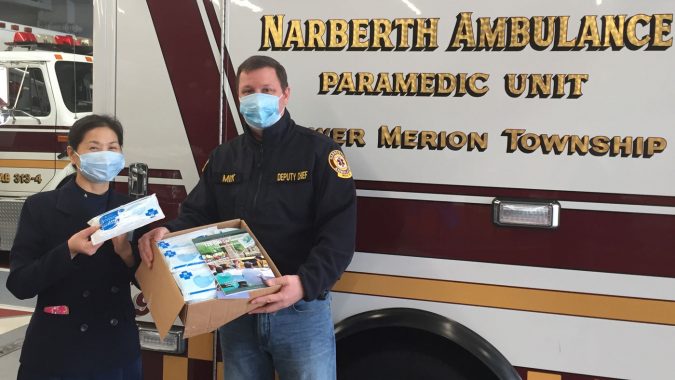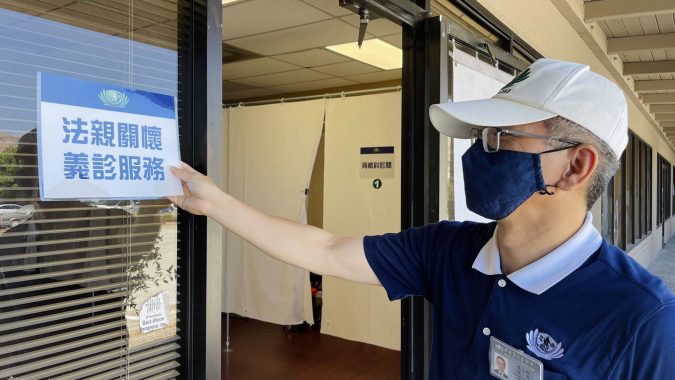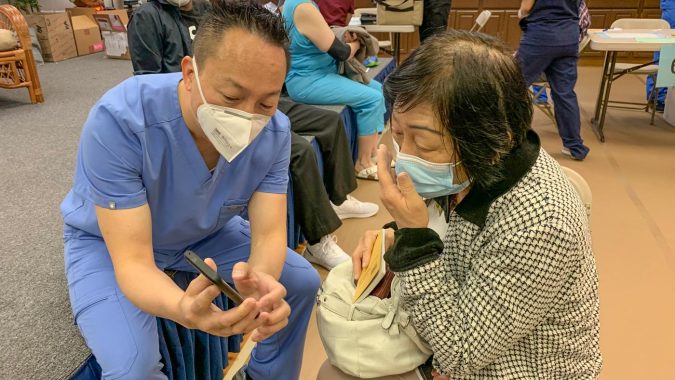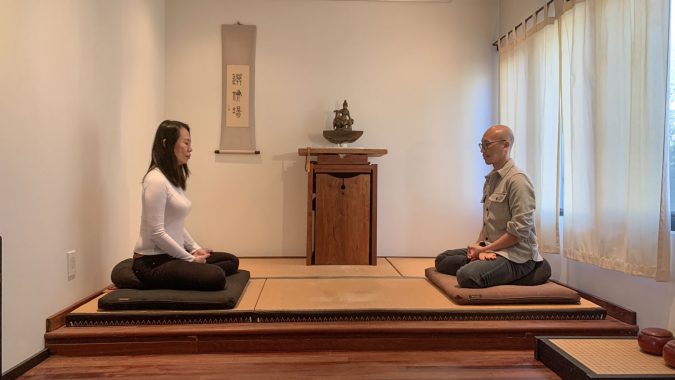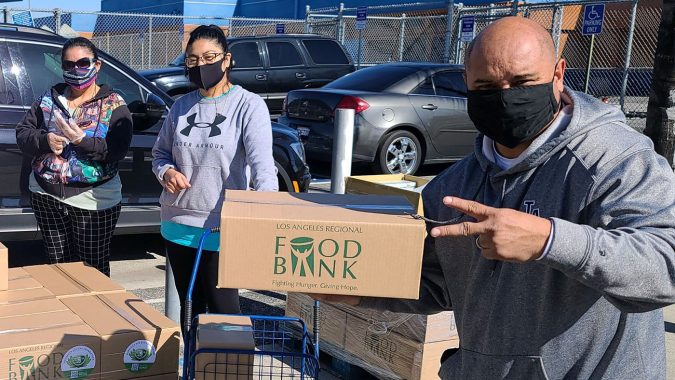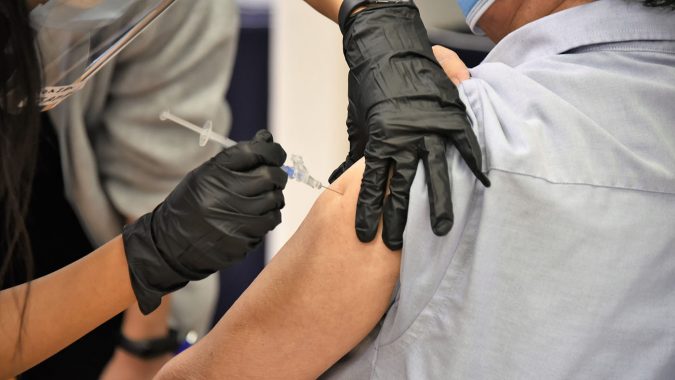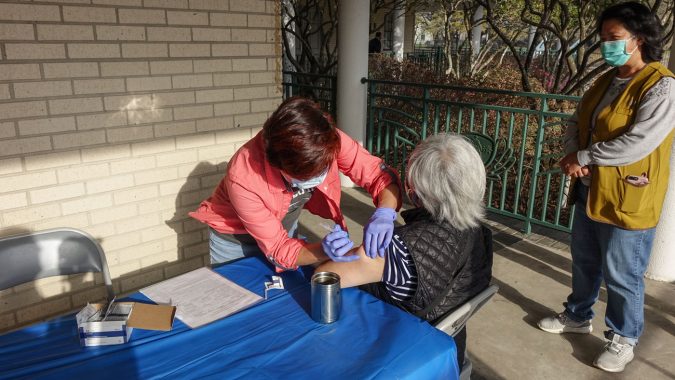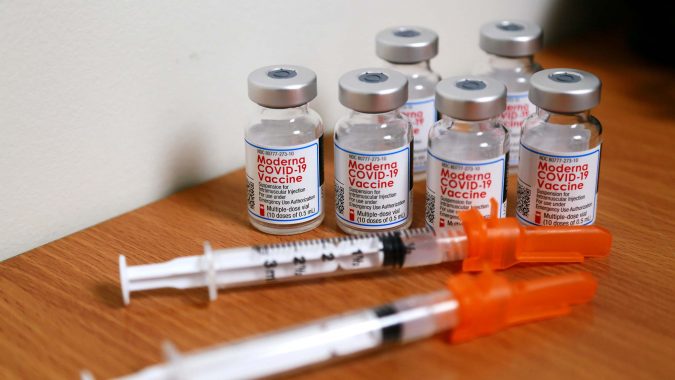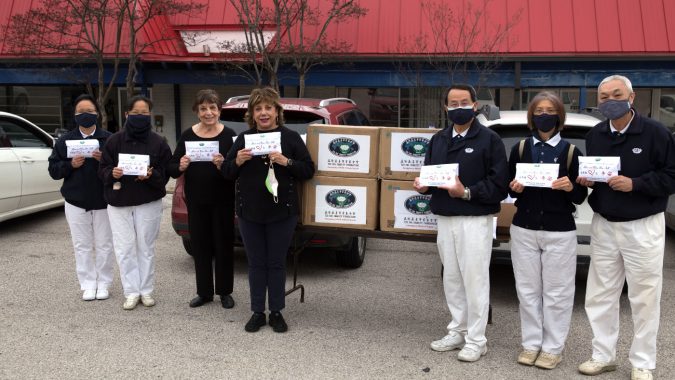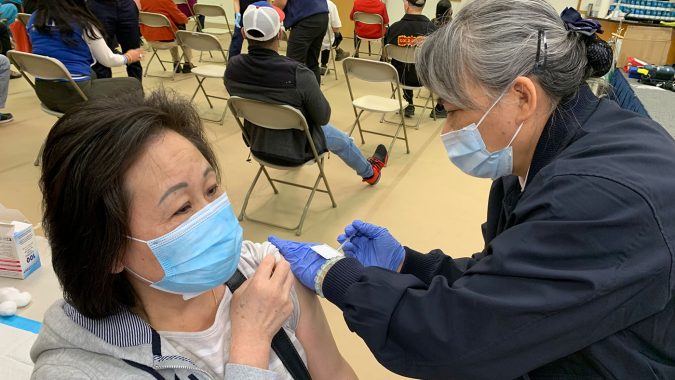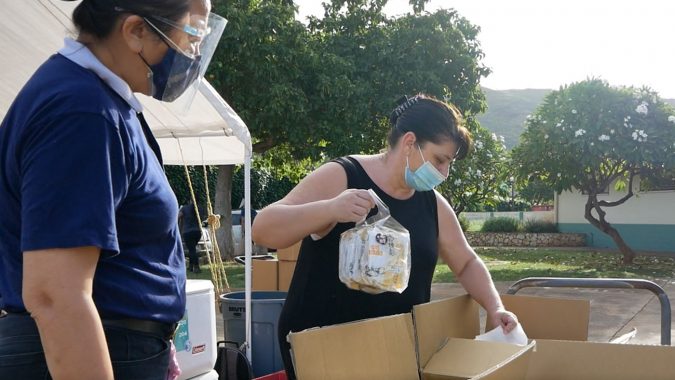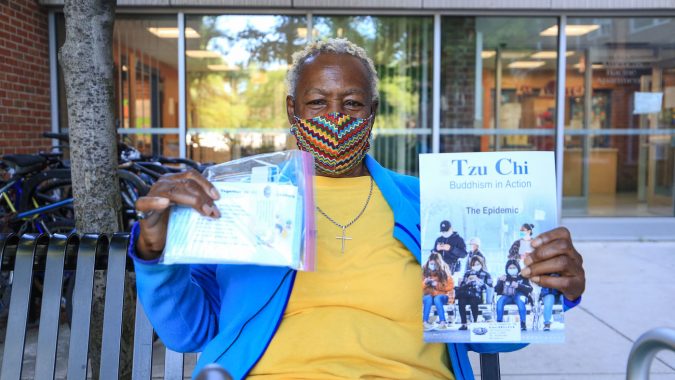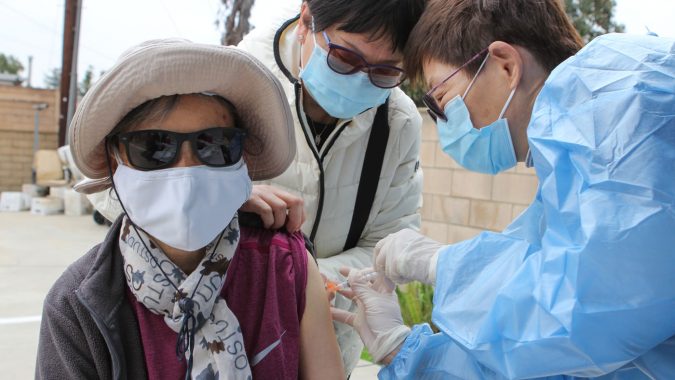
Perhaps you’ve heard of the Coronavirus Disease (COVID-19) outbreak on the news recently — but what does that mean?
There are currently seven known coronaviruses that can infect humans, the newly identified Coronavirus Disease 2019 (or COVID-19) included. The epicenter of this outbreak was first determined to be the city of Wuhan, in Hubei Province, China. The city has since been locked-down, yet a number of cases have been confirmed internationally, including those within the United States. The virus has furthermore been declared a public health emergency by the World Health Organization as of January 30, 2020.
The Buddhist Tzu Chi Foundation is monitoring the circumstances closely, and has launched a fundraiser, “Providing Relief During the New Coronavirus Outbreak,” to provide essential supplies that will directly aid the doctors, nurses, and hospitals diligently tending to patients in cities across China, while endeavoring to keep others safe. We urge individuals to familiarize themselves with crucial information regarding the growing epidemic and its associated symptoms.
What Are Some of the Symptoms?
The primary symptoms can include:
- Fever
- Flu-like symptoms such as coughing, sore throat, and headaches
- Shortness of breath
According to the Centers for Disease Control and Prevention (CDC), symptoms of COVID-19 may appear in as few as 2 days or as long as 14 days after exposure. Individuals who think they may have been exposed to COVID-19 should contact their healthcare provider immediately.
What Are Some Steps I Can Take to Protect Myself From COVID-19?
Although there currently is no vaccine to prevent COVID-19 infection, there are some ways to help protect yourself.
Human coronaviruses are usually spread through the air by coughing or sneezing, through close personal contact, such as touching or shaking hands with an infected person, or by touching an object or surface with the virus on it.
There are actions, however, that can help prevent the spread of respiratory viruses. Here are some everyday habits that can help reduce the likelihood of becoming sick:
- Observe good personal hygiene.
- Wash your hands often with soap and water for at least 20 seconds, and use an alcohol-based hand sanitizer that contains at least 60% alcohol if soap and water are not readily available.
- Avoid touching your eyes, nose, and mouth with unwashed hands.
- Avoid close contact with individuals who are sick.
- Stay home from school or work if you are sick.
- Do not travel if you are sick.
- Cover your cough or sneeze with a tissue, and then discard the tissue in the trash.
- Clean and disinfect frequently touched objects and surfaces.
- Avoiding traveling to farms, live animal markets, or places where animals are slaughtered.
- Avoid contact with live animals and the consumption of raw or undercooked meat.

